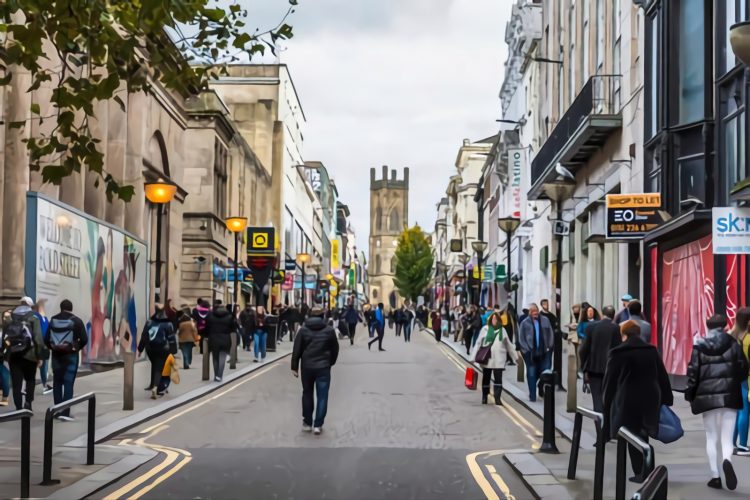What steps have the British taken to reduce the cost of living?
How much has inflation risen in the UK?
What is the connection between the prevalence of Covid-19 and the rising cost of living in the UK?
The results of the latest study conducted in the UK show that half of the population daily are worried about a staggering increase in the cost of living in the UK and can’t afford living expenses.
Unprecedented inflation in the UK
According to the Office for National Statistics (ONS), 77% of adults over the age of 16 worried about the rising cost of living”. Fifty percent of those respondents said they were worried “nearly every day.” According to the findings, 52% of people consume less fuel such as gas and electricity at home, and almost half of them have reduced the cost of food and unnecessary travel. Studies also show that unprecedented inflation in the UK has hurt the mental health of people who are forced to buy less and cheaper goods.
British efforts to reduce costs
According to the survey, the number of people who spend less on groceries and essentials has risen from 36 percent in the past two weeks to 41 percent, while the proportion of those who buy fewer items in grocery stores has been increased from 44 percent to 46 percent. People have also suspended their travel plans to cope with rising costs. About 40 percent of those polled said they had reduced unnecessary vehicle travel due to the cost-of-living crisis.
The relationship between Covid-19 and rising living costs
Statistics also show a strong link between people who are still worried about the impact of the Covid-19 on their lives and rising costs. Of those very concerned about the cost of living in the UK, 63% were ” very or somewhat worried” about Covid-19. The Office for National Statistics findings shows that people with disabilities and parents with young children were among the groups most concerned about rising living costs. According to the statistics, more than 80% of the disabled and 90% of the people with children expressed concern about the current situation.
The worst economic conditions of the last half-century in England
The unprecedented jump in inflation and the rampant cost of living in the UK have put the country in the worst economic situation in half a century. The fact that there is no prospect of improvement and the officials are warning about the escalation of the problem has shocked the country’s people. Prices in the UK have risen by up to 60 percent in recent months due to the aftermath of the Brexit, the Covid-19 crisis and the war in Ukraine. The Bank of England (BoE) predicted a recession in a statement two weeks ago, raising interbank interest rates to a 13-year high.
UK’s highest inflation rate in 40 years
The inflation rate in the UK reached 9% last month (April), according to the latest Office for National Statistics report. This figure shows a two percent jump in one month. Before the Ukraine War, inflation was projected to be around 2%, despite pressures from Brexit and the crisis of the Covid-19 epidemic. But economists predict that inflation will rise above 10 percent by the end of this year due to rising energy prices.
The UK government is under intense pressure from political opposition parties and public opinion to increase minimum wages and subsistence allowances for the lower deciles through emergency funds. Still, so far, no progress has been made. Boris Johnson stated that it was impossible to provide the government’s expected support.





























